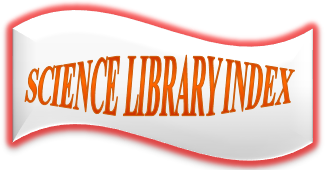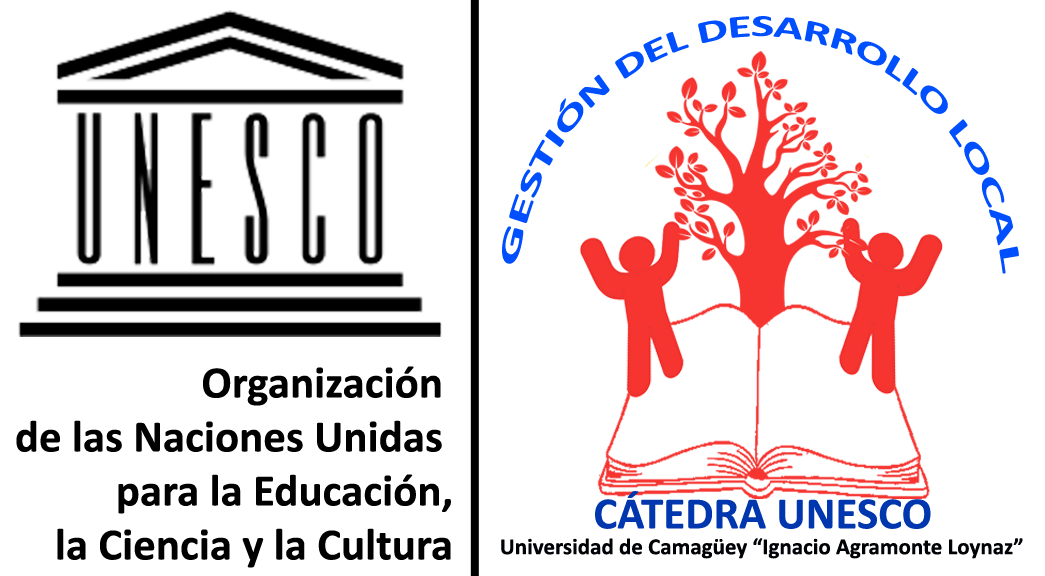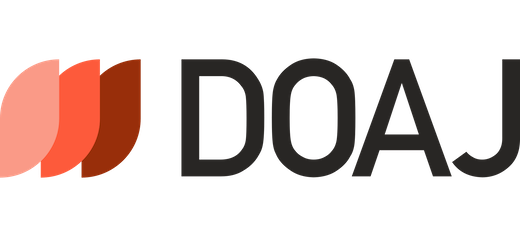Certificada por:
Indexada en:

Asociada a:

Herramientas antiplagio:
![]()
![]()
![]()
Síguenos en nuestras redes sociales:
Revistas de interés:
Cooperativismo y Desarrollo
Economía y Desarrollo
Anales de la Academia de Ciencias de Cuba
Revista Universidad y Sociedad
Revista Cubana de Educación Superior
Ekotemas
Revista de Información para la Dirección en Salud
Dirección y Organización
Revista de Dirección y Administración de Empresas





